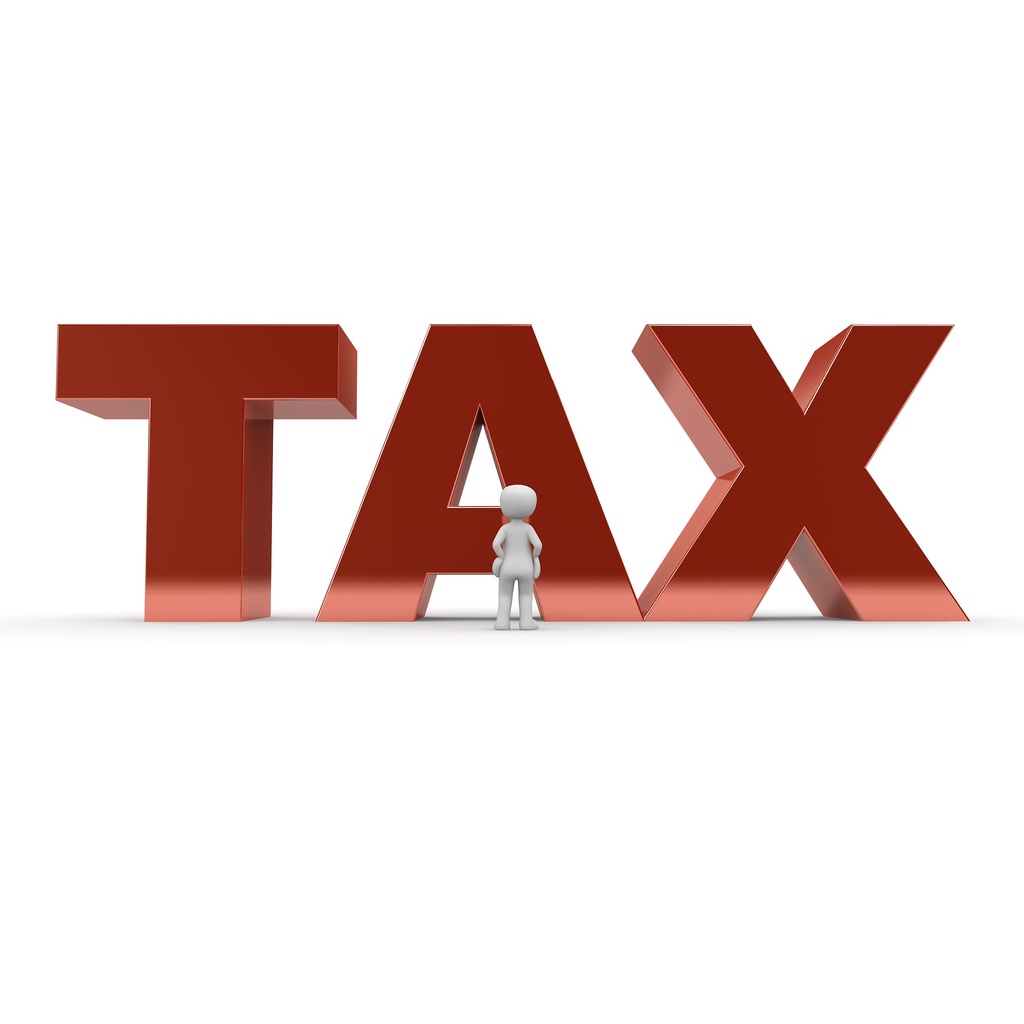Starting in April 2024 new rules apply to charging GST on holiday accommodation in New Zealand. Previously, if your gross revenue from accommodation was under $60,000 per year then you did not have to register for GST or charge your guests GST. While that general rule continues to exist, operators of Online Accommodation Platforms (such as airbnb, vrbo, bookabatch, etc.) are required to charge and remit GST on all rentals facilitated through their platforms. This means that your guests will be paying GST whether you are registered or not. An interesting part of this new plan is that the OAP will…
-
GST Changes for Holiday Accommodation

CLICK HERE TO READ THE FULL ARTICLE »
-
Making Business Tax Payments to CRA

Most online banking platforms have a Tax Payments module that will allow you to set up your business tax payments. Please note that most will need payments setup one day in advance of the due date. Please note that if the due date falls on a Saturday, Sunday or non-banking day then the payment is due on the following banking day. Please note that personal income tax payments are usually handled as a Bill Payment (and not covered in this article).. Setting up your online banking tax payments usually requires two steps: (1) Setup and (2) Payment. IMPORTANT NOTE: Online corporate tax payments…
CLICK HERE TO READ THE FULL ARTICLE »
-
Shutting down your business

We love to focus on profit and business growth. But sometimes (for all sorts of reasons) we still need to shut down a business. This needs to be done and planned well. It will take several months and the steps will vary based on location and situation. The following steps are designed for a Canadian incorporated business, but the general steps may be similar in other locations as well. Cease Trading. It's important to have all operations completed. If you’re still accepting orders or doing the odd job this will stretch out this process. Make sure that your website reflects your non-trading status (we recently had…
CLICK HERE TO READ THE FULL ARTICLE »
-
Managing Expenses on behalf of Clients

When you work in the service industry it is common to have to spend money in order to deliver the service to your client. In many cases you may be able to charge these expenses back to your client. This practice goes by many names, including Reimbursements, Recharges, Billable Expenses, Disbursements etc. The issue comes when you are spending money that you then need to be reimbursed for by a client. This is complicated when there are multiple sales taxes involved and expense deduction limitations (such as on meals and entertainment). The question is who claims the sales tax back and…
CLICK HERE TO READ THE FULL ARTICLE »
-
GST and Donation issues for Charities
IMPORTANT: This post is specific to New Zealand. If you are not a New Zealand business/taxpayer then it is probably not applicable to you.
We have a number of Charity clients who are GST registered. The number one issue we have to deal with for these clients is sorting out what income streams should be subject to GST. Just because you are a Charity doesn’t mean that all your income is exempt from GST.
This has become relevant recently as the IRD has begun challenging a number of scenarios in this space. In particular, the IRD has published a Revenue Alert looking at private schools and kindergartens that required parents to make a “gift” to the school or related foundation. The school, therefore, didn’t charge GST on the “fees” and the parents claimed a tax credit on the “gift.” The IRD is investigating and reversing lots of these, and tax fraud charges are likely to those who promoted the arrangement! I tell my clients that they should treat all receipts as GSTable UNLESS they can prove that it is not. There is an alarming trend among charities (and this includes Churches, where honest and ethics are supposed to be virtues) to reliable a receipt as a “donation” and therefore grant a tax credit to the “donor” and avoid having to pay GST by the Charity (forgive my rant, but which part of claiming the input tax credit for the organization and then failing to pay the output tax credit is ethical?).CLICK HERE TO READ THE FULL ARTICLE »
-
Charity Begins at Home
IMPORTANT: This post is specific to New Zealand. If you are not a New Zealand business/taxpayer then it is probably not applicable to you.
Rules around tax breaks for charitable donations have undergone a lot of change in recent years. With the introduction of the Charities Act and the removal of the restrictions on deductions/credits for charitable giving the landscape is now quite different than it was a few years ago. Individuals and businesses can now claim a credit (individuals) or deduction (companies) for donations made to eligible organizations. The first thing to check is whether your intended recipient is actually eligible. They need to be recorded as a Donee Organisation by the IRD. You can find a list of these on the IRD website (http://www.ird.govt.nz/donee-organisations/donee-organisations-index.html). Being registered with the Charities Office is not necessarily the same (although in practical terms almost every registered charity is also a donee organization, there are some exceptions). You can only claim credits/deductions if you have a proper charitable receipt from a donee organization.
CLICK HERE TO READ THE FULL ARTICLE »




